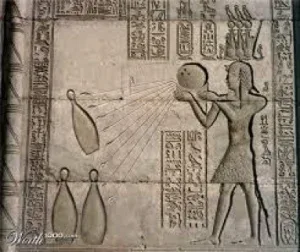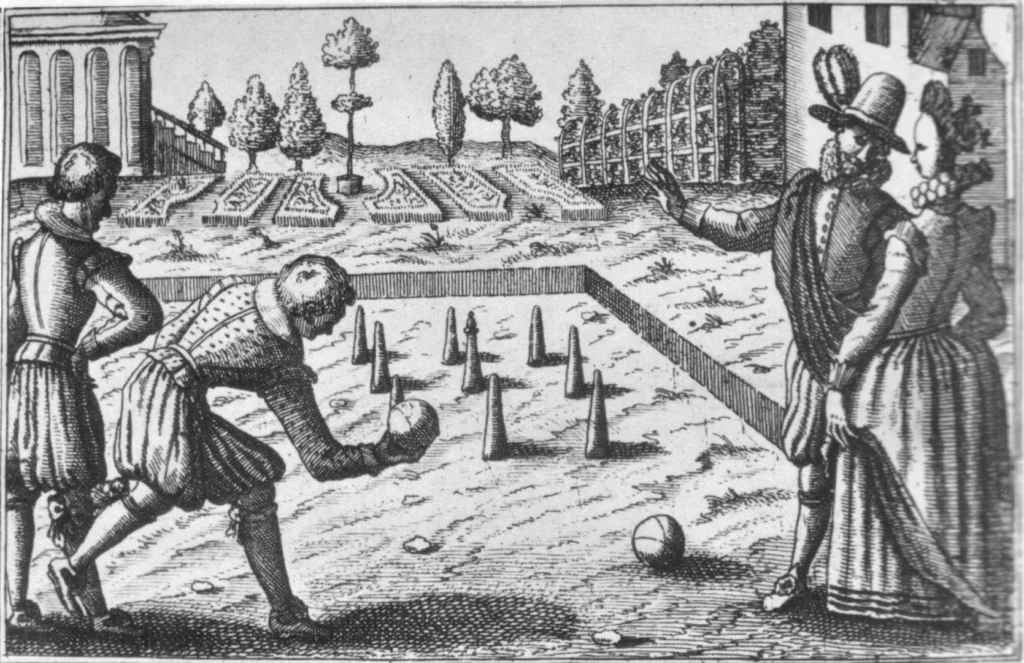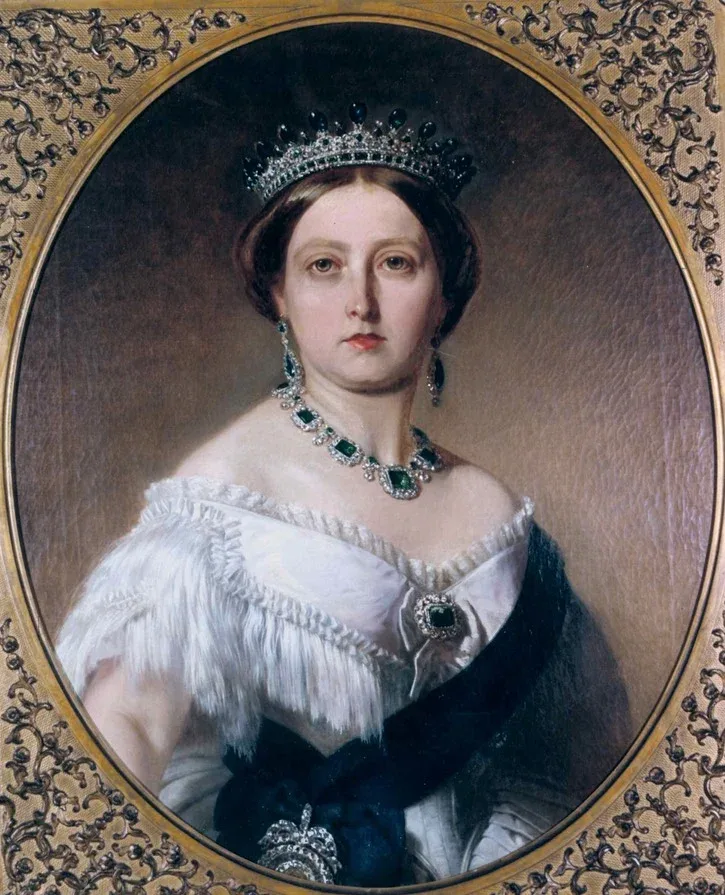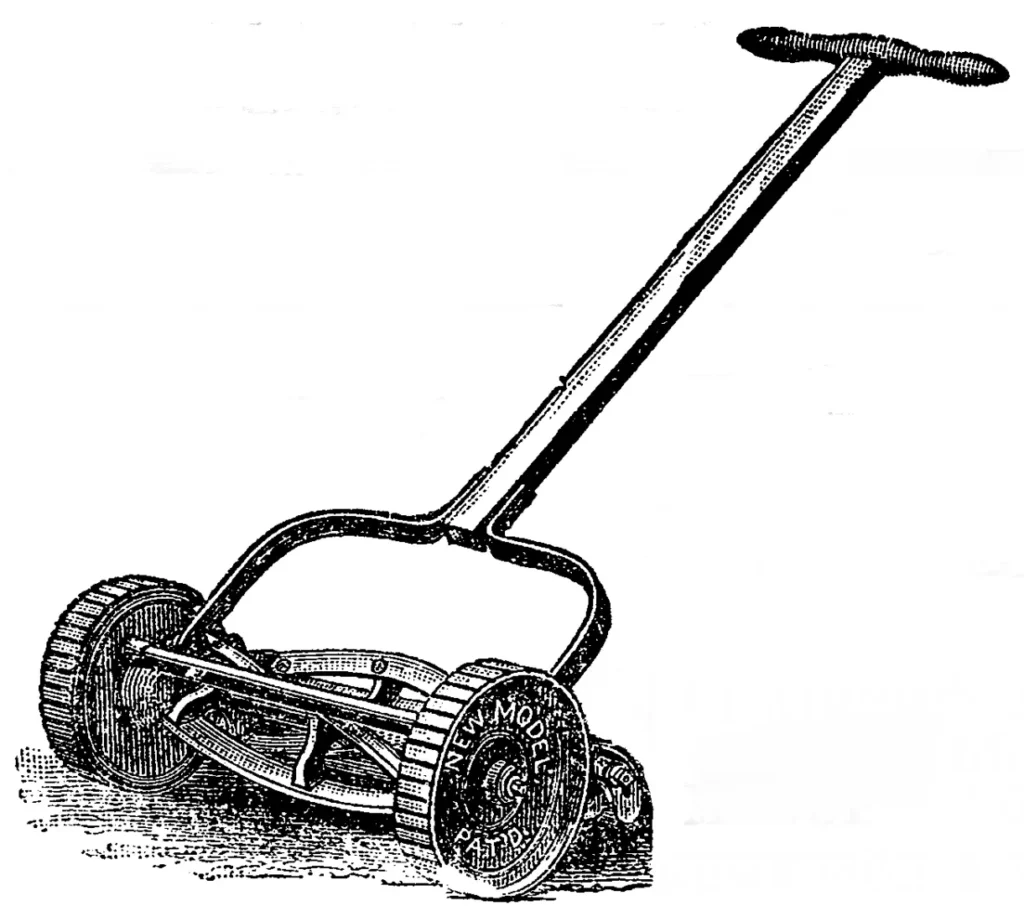History of Bowling
Bowling dates back thousands of years….

Pre-history
Lawn bowls’ origins have been traced back to the ancient Egyptians. Archaeological findings support the theory that a game with biased stone balls was played at least 5000 years ago on dirt, not grass, using sticks instead of jacks.
Ancient Romans played a more recognisable version which has become modern-day bocce. It is thought that the Romans brought this game to the rest of Europe, with different provinces modifying the rules creating their own versions. These include boules in France and lawn bowls in England.
Early Lawn Bowls
Records of bowls being played in England date back to the 12th century.
The increasing popularity of bowls in England led to a string of kings and queens passing laws restricting its play. The concern was that lawn bowls were taking too much time away from men practicing archery. This was important as bowmen were an integral part of any army, and any drop in their effectiveness in battle would have major implications for king and country.
Edward III in 1261, Richard II in 1388, Henry IV in 1409 and Henry VIII in 1541, and Queen Mary in 1555 all placed statutes restricting the play of bowls.


Royal Decrees
Henry’s generosity of allowing bowls at Christmas was deemed too much for Queen Mary, who in 1555 banned bowls from the underclass completely. She believed the game was used for “unlawful assemblies, conventiclers, seditions, and conspiracies”.
It wasn’t until 1845 under Queen Victoria, almost 300 years later that these laws would be rescinded.
Whilst the lower classes were restricted during this period it didn’t stop the upper classes enjoying the sport.
Shakespeare mentions bowls several times throughout his work, often citing how men and women (presumably of the upper-class!) could be seen playing all over the land.
Modern Lawn Bowls Era Begins
Lawn bowls started to flourish throughout the Commonwealth once the restrictions were relaxed. Thanks to the industrial revolution, mechanical lathes were able to shape bowls much more accurately.
The first modern lawn mower was invented in 1830 by Edwin Budding. It was designed primarily to cut the grass on sports grounds and extensive gardens, as a superior alternative to the scythe, which preceded it.
The combination of lathes and mowers has transformed the game forever.

